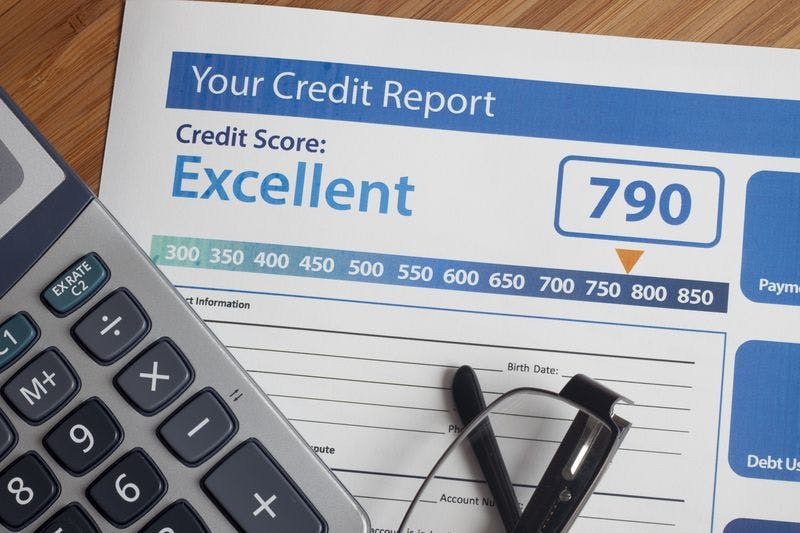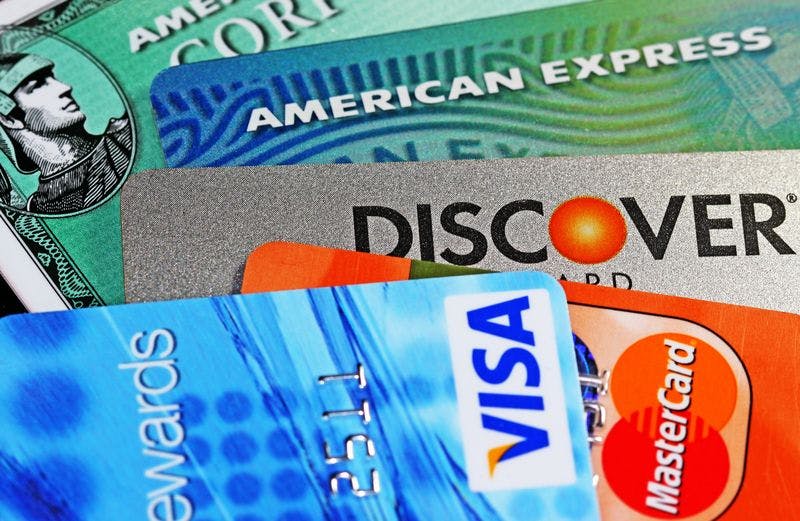Most adults in the United States use some form of credit to make payments and purchases. Total personal debt in the U.S. is nearly $15 trillion , an average of over $58,000. Almost 80% of all U.S. households have some type of debt. Around 16% have a very poor average credit score. Credit repair companies help people improve their credit scores and qualify as low-risk borrowers. Despite that, banks consider credit repair companies themselves to be high risk, and are reluctant to provide them with merchant services. It makes sense, then, to ask “Why are merchant accounts for credit repair companies high risk?”
What is Credit?
Simply put, your “credit” in a financial context is the degree to which a bank or other lender trusts you to repay money you have borrowed, and to pay it back according to the terms (interest rates, deadlines, etc.) you agreed to. If you have good credit, a bank will be more likely to lend you money, under better terms. If you have bad credit, it will be less likely to lend you money, and the terms will be less favorable.
The impact of bad credit goes beyond just making it hard for you to borrow money. Your credit score is often used as an indicator of your overall trustworthiness. Potential employers, landlords, utilities companies, and insurance companies, for example, frequently use credit scores as part of the information considered when making decisions about hiring or providing services, etc. Simply being behind on payments can be fixed fairly easily. Pay the debt and the problem is gone. Being denied employment or housing because your credit history suggests that you pose an unacceptable risk can not only make it impossible for you to pay off your debt, but can also prevent normal daily living.
What is Credit Repair?
Credit repair businesses provide various services aimed at improving their clients’ credit scores. These services range from general financial coaching to focused guidance on specific financial issues. Most of the time, people who go to a credit repair business want help to improve their credit scores or to consolidate their debt.
Various factors impact your credit score. An important part of credit repair is to increase factors that increase your score and to decrease factors that decrease your score. Most of the negative factors are preventable, and a lot of the time it’s not a complicated process to turn things around. If your income is high enough to cover your reasonable needs, all that you have to do is pay your bills on time. You can make a wise budget. You can avoid purchases that aren’t really necessary.
On the other hand, unforeseen and unpreventable things such as illness, injury, death, or other circumstances that are out of your control can be financially devastating. The inability to do things that help your credit is essentially the same as doing things that hurt your credit. The things that hurt your credit tend to affect each other, creating a negative cycle of ever-worsening credit. Credit repair services are intended to help people avoid or get out of that negative downward spiral.

Your Customers are High Risk = You are High Risk
The reliability and financial health of a business’ customers directly affects the ability of the business to be financially sound. In the case of a credit repair business, the customers are all people who currently have, or have had in the past, problems making payments. If your customers don’t pay you, you can’t pay the bank that processes payments, and in many cases, the bank ends up taking the financial hit.
Another factor that can end up costing the bank a lot of money is fraud. Scammers prefer to target people who are desperate or otherwise vulnerable. A fake credit repair company can present itself as your savior from crushing financial woes, but then turn around and steal your identity. What seems like a small fee for that promised salvation could be part of how the scammer finances its illegal activities.
The clients of credit repair companies may even be the ones engaging in fraud. Chargebacks —which are themselves a major factor in making a business high risk— can be fraudulent , and it may be difficult to differentiate between legitimate, justifiable chargebacks and those that are not. Even when identified, it may be difficult to take action against fraudulent chargebacks. If banks already have doubts about the trustworthiness of your customers, they will have doubts about the legitimacy of chargebacks initiated by those customers. Ultimately, the perception is that your business has a particularly high possibility of being victimized by a scammer even if your chargeback rate is only slightly elevated.
What if I Can't Get a Merchant Account at a Bank?
If your business is considered to be high risk, it’s unlikely that a traditional bank will provide you with a merchant account and payment processing services, and even if it does, the bank will probably set requirements and conditions that are not favorable for you. That means that the question should not be “if,” but should be something like “What Should I do When I Can’t Get a Merchant Account at a Bank?” However, having your business labeled “high-risk” and being refused an account at a traditional bank do not need to be fatal to your business. There are other options.
A high-risk payment processor such as Zen Payments specializes in payment processing for high-risk industries and understands the payment processing needs and challenges of the credit repair industry. We have the experience and expertise necessary not only to get you a merchant account, but also to make the payment process easier for your customers and for you.
When choosing a high-risk payment processor, be sure to ask as many questions as necessary until you’re satisfied with the responses and clear on what you can expect and what will be expected of you. Our team at Zen Payments would be happy to speak with you and find ways to help your business prosper, so please don’t hesitate to contact us .





